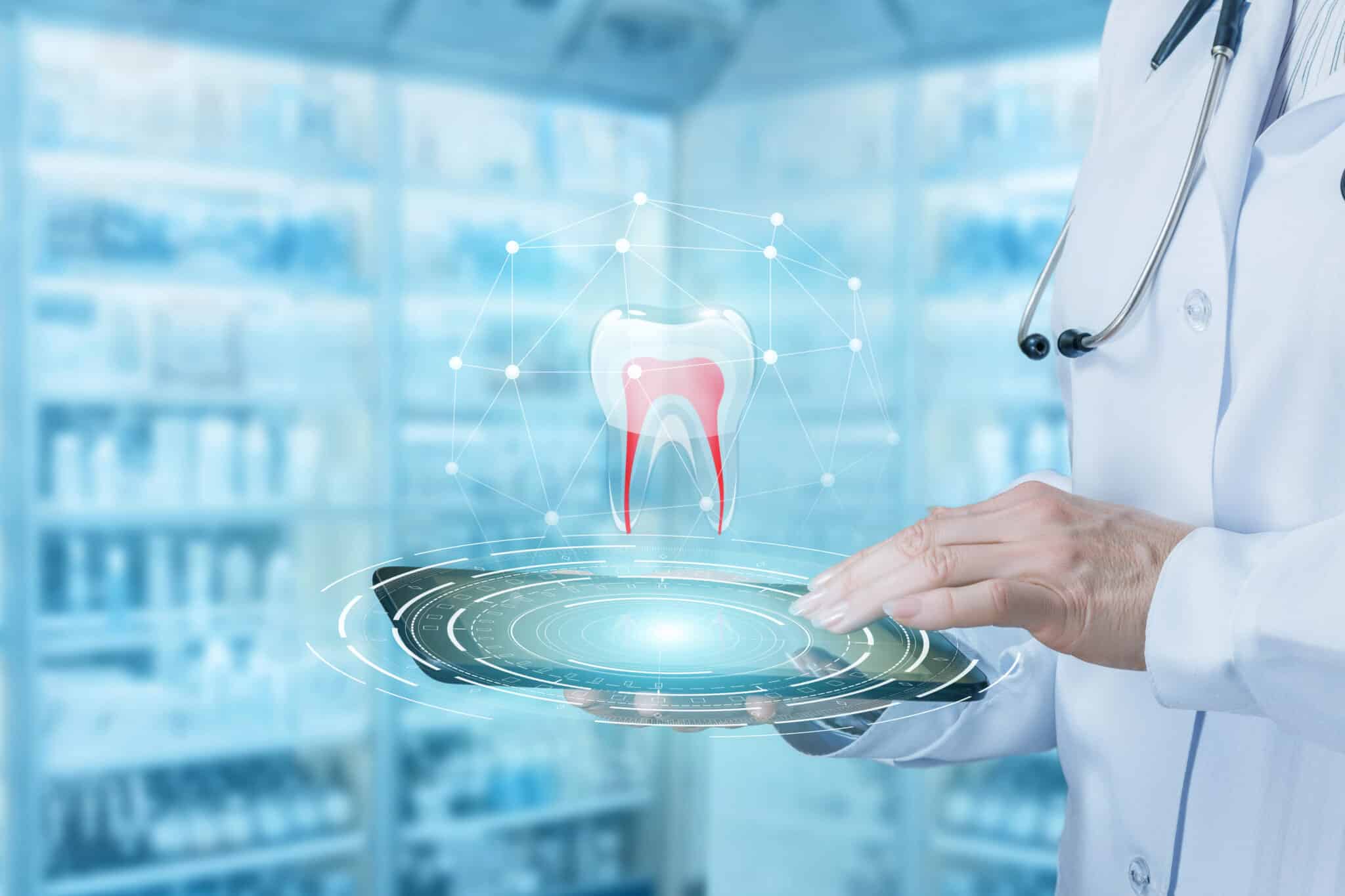Running a modern dental practice means relying on technology every day—from scheduling software and digital imaging to electronic health records and secure payment systems. But just like oral health needs regular checkups, your dental network needs a structured maintenance plan. Neglecting IT upkeep can lead to costly downtime, data loss, and security breaches. So, how often should you service your dental network?
Think of it like a treatment plan—tailored, routine, and preventive. Here’s your timeline-based guide to dental IT maintenance.
Daily Maintenance
Dental network maintenance starts with the basics. Here are the daily must-dos:
- Data Backups: Automated daily backups of patient records, imaging files, and billing data are critical. Ensure backups are running and verify them for integrity.
- Security Monitoring: Use managed dental IT services to monitor network traffic and flag suspicious activity.
- Workstation Hygiene: Encourage staff to report slow performance, error messages, or anything unusual. Catching issues early prevents bigger problems.
Why it matters: Just like brushing twice a day prevents cavities, daily IT checkups prevent data loss and unplanned disruptions.
Weekly Maintenance
Weekly check-ins help keep the system clean and running smoothly:
- Update Antivirus/Anti-malware Definitions: Ensure your security tools are up to date.
- Temporary File Cleanup: Clear caches and temp files to improve system performance.
- Patch Minor Software: Non-critical updates (like plugin or app refreshes) should be applied weekly.
Why it matters: These tasks are the flossing of IT maintenance—easy to skip, but you’ll regret it if you do.
Monthly Maintenance
Monthly IT service covers the more intensive but essential areas:
- Network Performance Review: Check bandwidth usage, connection stability, and any latency issues.
- Hardware Health Checks: Inspect servers, workstations, and peripherals for wear and tear.
- User Access Audit: Review who has access to what and adjust permissions as needed.
- Backup Restoration Test: Perform a test restore to confirm backup viability.
Why it matters: Think of this as your digital cleaning and fluoride treatment—a deeper refresh that prevents decay over time.
Quarterly Maintenance
Every three months, your dental network needs a broader diagnostic approach:
- Software & OS Updates: Install critical operating system updates and major software revisions.
- Firewall & Router Configuration Review: Reassess your setup to ensure security and efficiency.
- Review IT Policies: Update staff training and protocol documents based on recent threats or changes.
- Compliance Check: Make sure HIPAA and other compliance standards are being met.
Why it matters: Like a quarterly dental cleaning and x-rays, this helps catch hidden issues before they cause major damage.
Annual Maintenance
Once a year, go big. This is your full-system exam:
- Technology Assessment: Evaluate if your systems still meet the needs of your growing practice.
- Lifecycle Planning: Identify hardware and software nearing end-of-life and plan replacements.
- Disaster Recovery Drill: Simulate a breach or outage and test your recovery protocol.
- Vendor Contract Review: Reassess service providers to ensure you’re getting value.
Why it matters: Annual reviews are the equivalent of full-mouth X-rays and long-term treatment planning. Skipping them can mean bigger, costlier issues down the road.
Bonus: Real-Time Monitoring with Managed Dental IT Services
If you’re working with a managed IT provider, many of these tasks are handled proactively. Real-time monitoring, automated alerts, and support take the load off your team and reduce the risk of downtime.
Managed dental IT services also give you access to:
- Proactive threat detection
- Fast remote support
- Regular reporting on system health
- Expert guidance on tech investments
Final Thoughts
Your dental network is the backbone of your practice. Just like you educate patients on prevention, your IT needs the same mindset. Following this maintenance schedule not only protects your data but also keeps your entire operation efficient and secure.
Don’t wait for something to go wrong. Treat your tech like your teeth: prevent problems before they start.
If you’re unsure where to begin or need help staying on schedule, a managed dental IT services provider can build and execute a custom plan for you.
Connect with Priority Networks today for more details on dental network maintenance and dental IT solutions!




